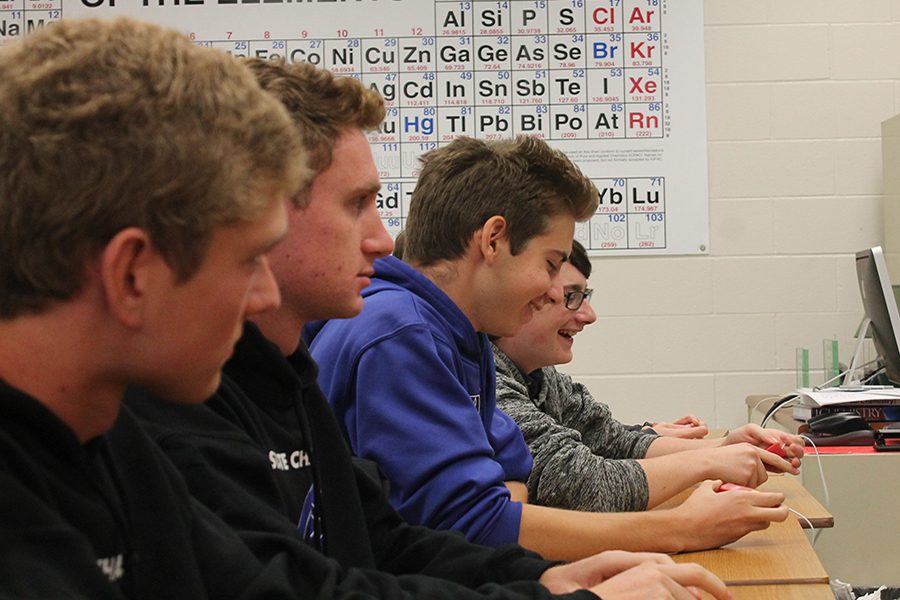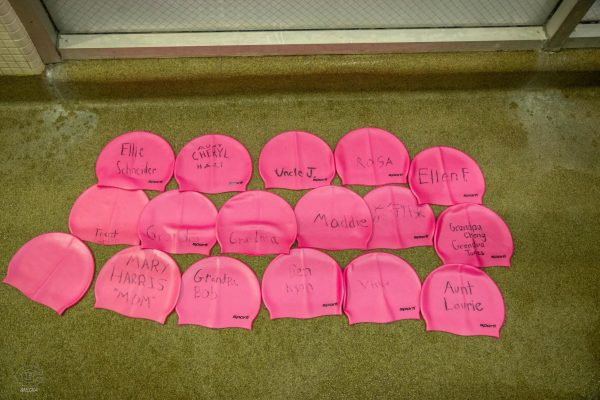Club Close-ups: Science Competitions
November 29, 2016
The purpose of the Science Competitions Club is to train students to participate in a Science Bowl competition, a quiz bowl of sorts based around scientific knowledge. Headed by Mike Clark for the past two years, the club provides an opportunity for students who are interested in STEM to compete and participate with students of similar interests.
Members study formulas, laws, processes and other scientific trivia to test their mettle against competitors in the Science Bowl. Established more than 30 years ago, the Science Competitions Club seeks to help those with scientific aptitude learn in a fun way by organizing competitive matches against other schools.
“[Science competitions is] an opportunity for students who have an interest in Science, Math, and Engineering to have an outlet where they can hang out and learn more in a relaxed setting,” said Clark.
The Science bowl is split into teams based on awarded points during scrimmages. The players with the most allotted points become a part of the primary team, and the remainder is subs.
The Science Competitions club has no prerequisites, but members are required to study at least 30 minutes a week to remain in the club. Options for studying include study packets and a quizlet. Members are expected to invest time and commitment to do their best in studying, scrimmages, and competitions.
“For me, [the best part is] having students that are really motivated and want to do well,” said Clark.
From August to February, the Science Competitions club prepares for Quiz Bowl and TEAMS Regionals. Regional Quiz Bowl competitions are in February and the TEAMS competition is in March. Members meet about once a week on B days during community period to practice. Last year, Creighton Prep took the regional title at Eastern Nebraska High School against 25 other teams.
According to Clark, the biggest benefits of joining the club are the ability to hang out with other students with similar interests, providing a boost to the college application process, and a chance to compete against similarly minded people.
“I just try to provide a platform and the materials that the guys want and just turn them loose. [The students] usually meet or exceed expectations, so it’s a great club to moderate,” said Clark.





